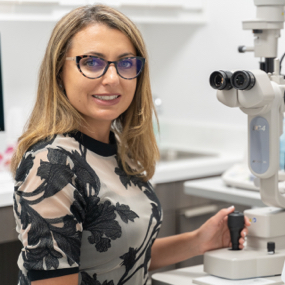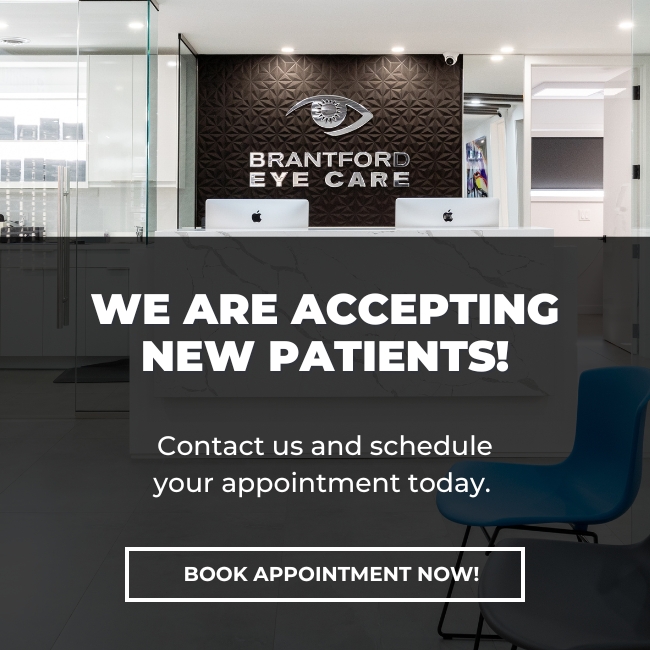Vision therapy stands as an empowering pathway for children facing visual challenges, nurturing their ability to learn and interact with the world around them more effectively.
Through personalized exercises and the use of specialized equipment, this form of therapy aims to improve visual skills such as eye tracking, focusing, and coordination.
Beyond the enhancement of visual function, vision therapy can significantly boost a child’s academic performance, self-esteem, and quality of life.
It’s an investment in a child’s future, paving the way for success by laying a strong foundation for visual learning.
How Does Vision Affect Child Development?
Vision plays a pivotal role in a child’s development, influencing everything from academic performance to social interactions. It’s more than just seeing clearly; vision encompasses a range of functions, including:
- Eye tracking
- Depth perception
- Hand-eye coordination
When these visual skills are not well-developed, children may struggle with reading, writing, and participating in sports or other activities. This can lead to frustration, decreased self-esteem, and even behavioural issues.
Imagine a child trying to read a book but constantly losing their place or seeing words jump around on the page. These challenges can make learning a daunting task and may discourage them from engaging in educational activities.
Similarly, poor depth perception or eye coordination can make playground activities difficult, affecting their ability to socialize and develop physical skills.
Recognizing the integral role vision plays in a child’s development underscores the importance of addressing any visual issues early on.
What Is Vision Therapy?
Vision therapy is a customized program designed to improve and strengthen visual skills.
Unlike traditional eyeglasses that simply correct refractive errors like nearsightedness or farsightedness, vision therapy aims to train the eyes and brain to work together more effectively.
It involves a series of exercises and activities tailored to the specific needs of your child, often conducted under the guidance of an optometrist or vision therapist.
These exercises might include activities like:
- Tracking moving objects
- Focusing on different distances
- Using specialized equipment such as prisms or filters
The goal is to enhance your child’s visual abilities, making it easier for them to process and interpret visual information. It’s a non-invasive, drug-free approach that can yield significant improvements in your child’s visual function.
Does Vision Therapy Improve Eyesight?
Understanding the objectives and outcomes of vision therapy is important for parents considering this treatment for their children.
While vision therapy does not directly “improve” eyesight in the traditional sense—such as correcting refractive errors to achieve 20/20 vision—it plays a role in enhancing a child’s visual function.
This therapy focuses on improving the efficiency and coordination of the eyes. For children who struggle with visual challenges that are not related to the clarity of sight but rather to the function of their visual system, vision therapy may lead to noticeable improvements.
While vision therapy may not change the numbers on an eye chart, it equips children with the skills necessary to interpret and interact with their world more effectively.
This subtle yet impactful distinction highlights the therapy’s value in supporting a child’s development.
Why Would a Child Need Vision Therapy?
There are several signs that may indicate a child could benefit from vision therapy. These include:
- Difficulty Reading: Struggling to read or frequently losing their place
- Eye Strain: Complaints of headaches or tired eyes, especially after close work
- Poor Hand-Eye Coordination: Trouble catching a ball or difficulty with fine motor tasks
- Behavioural Issues: Frustration or avoidance of tasks that require sustained visual attention
- Academic Challenges: Underperforming in school despite apparent effort
These symptoms can often be mistaken for learning disabilities or behavioural problems when, in fact, they may stem from underlying vision issues. A comprehensive eye exam by your optometrist can help identify whether vision problems contribute to these difficulties.
What Are the Goals of Vision Therapy?
The primary goals of vision therapy are to improve visual skills and enhance the efficiency of the visual system. Specifically, vision therapy aims to:
- Improve Eye Coordination: Ensuring both eyes work together seamlessly
- Enhance Focusing Ability: Improving the ability to maintain focus on objects at various distances
- Boost Visual Tracking: Enhancing the ability to follow moving objects smoothly and accurately
- Strengthen Visual Processing: Helping the brain interpret and respond to visual information more effectively
By achieving these goals, vision therapy can significantly reduce the visual barriers that hinder a child’s development. Improved visual skills can lead to better academic performance, increased confidence, and greater participation in physical and social activities.
Is Your Child Ready to Try Vision Therapy?
Vision therapy offers a helpful option for children experiencing visual challenges that impact their development. By addressing the root causes of these issues, vision therapy can help children unlock their full potential, both academically and socially.
If you suspect your child may benefit from vision therapy, consider scheduling an eye exam with the team at Brantford Eye Care. Early intervention can make a world of difference in your child’s life, paving the way for a brighter, more successful future.
For more information on vision therapy and how it can benefit your child, don’t hesitate to reach out to us. Book an appointment and ensure your child has the visual skills they need to thrive.




